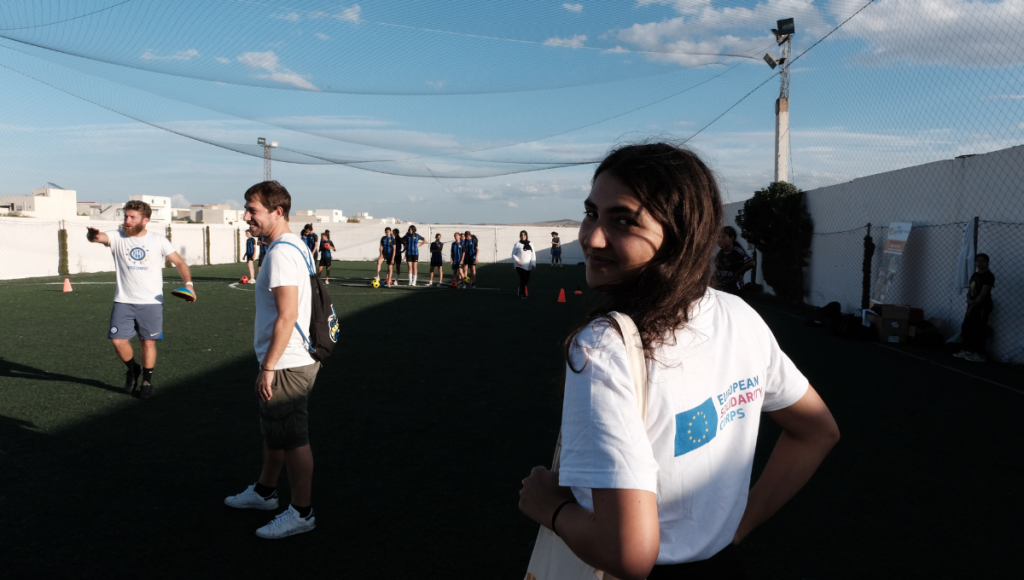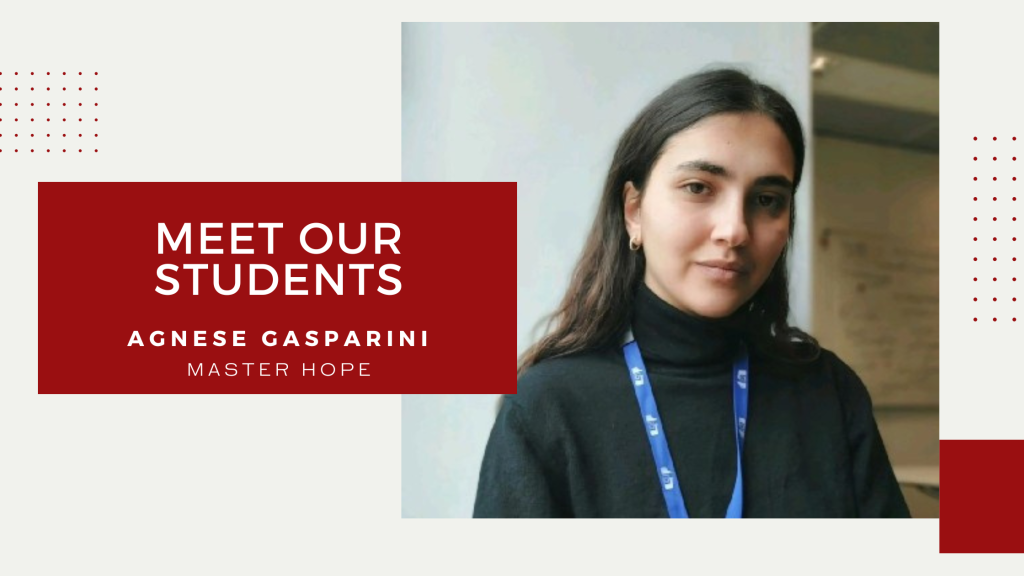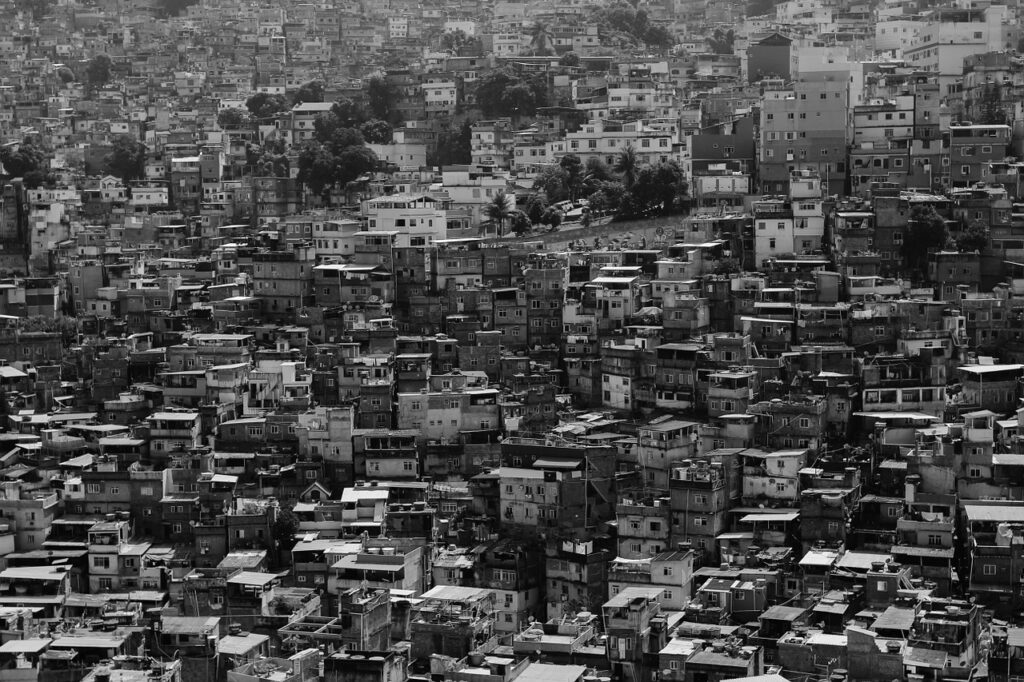Empowering change through education: meet Agnese Gasparini, one of the Social Change School Alumni, who’s making a difference in Tunisia.
Driven by a passion for creating opportunities and addressing social challenges, Agnese Gasparini is making a tangible impact as a Project Manager Assistant at WeWorld in Tunis, Tunisia. Her work focuses on developing and managing projects that enhance youth education and employment opportunities, paving the way for a brighter future in vulnerable communities.
What sets Agnese apart is her solid academic foundation, including a Double Master’s Degree in International Relations from Sciences Po Bordeaux and LUISS Guido Carli University, and an her Master in Humanitarian Operations in Emergencies from the Social Change School. These qualifications have fueled her passion for addressing migration issues, gender equality, and protection—causes that drive her work every day.
In this interview, Agnese shares how her experience at Social Change School shaped her career and offers insights for aspiring changemakers ready to take the next step.
- How did the skills and knowledge you gained at Social Change School help you prepare for the challenges you’re facing in your current role?
The training I received at the Social Change School equipped me with essential skills in humanitarian operations, project management, and a deep understanding of international cooperation principles. Specifically, the focus on practical methodologies for addressing social issues and promoting community engagement has been invaluable in my role at WeWorld Onlus. This background enables me to effectively design and implement projects that empower vulnerable youth in Tunisia, navigating the complexities of local needs and ensuring sustainable outcomes.
- Can you share a moment during your field experience until today where you realized the value of the training you received at Social Change School?
A significant moment for me occurred while I was collaborating with local partners on my current project, where I needed to specify the activities, and the budget plan tailored to their specific needs. The training I received at the Social Change School emphasized the importance of effective communication and partnership-building in international cooperation.
As I engaged with local stakeholders, I applied these principles to understand their priorities and integrate their input into the budget and activity planning. This collaborative approach ensured that our project activities were not only relevant but also aligned with the community’s expectations and capacities. It highlighted the value of building strong relationships with local partners and demonstrated how the skills I learned in my training could enhance project outcomes through effective cooperation.
Moreover, drawing on the knowledge I gained at the Social Change School, I will be able to effectively study the foundational elements of the M&E plan and integrate them throughout the project as the training underscored the importance of a well-structured M&E strategy in guiding project implementation and ensuring that resources are allocated effectively.

- What advice would you give to someone considering a career in international cooperation, and how did Social Change School support you in making that transition?
I would advise aspiring professionals to be open-minded, adaptable, and committed to continuous learning. I encourage aspiring professionals to apply for any available positions, even if they start as civil servants or through programs like the European Solidarity Corps. While these roles may not be highly paid, they offer valuable professional experience that lays a strong foundation for a career in international cooperation. It’s essential to be patient and not rush into high-level positions; building field experience, even in roles that may seem less appealing at first, is crucial.
In the future, I plan to focus more on protection issues, and although my current role is centered on livelihood projects, I continually apply my knowledge of protection in my daily work, which enhances my understanding of a protection project would work as well. The Social Change School provided me with a solid foundation of these concepts through hands-on training. Their emphasis on real-world applications helped me build confidence and establish connections within the sector, making my transition into this career smoother and more informed.
- Looking back, what part of your master’s program at Social Change School has proven to be the most useful in your work on the ground?
The most useful aspect of my Master’s program was the focus on project management and monitoring & evaluation frameworks. This training has been critical in my current role, where I will have to regularly assess project outcomes and adapt strategies to meet the evolving needs of the communities we serve. The practical tools and case studies provided during the program will allow me to implement effective M&E processes, ensuring that our initiatives are both impactful and responsive to local contexts.
As you read through this inspiring interview, we hope you see the potential within yourself to follow a similar path. Our Master HOPE (Humanitarian Operations in Emergencies) is designed to equip you with the essential skills, knowledge, and network to effect meaningful change across the globe. If you are passionate about making a difference and eager to join a community of like-minded individuals dedicated to fostering global partnerships, we invite you to take the next step.



